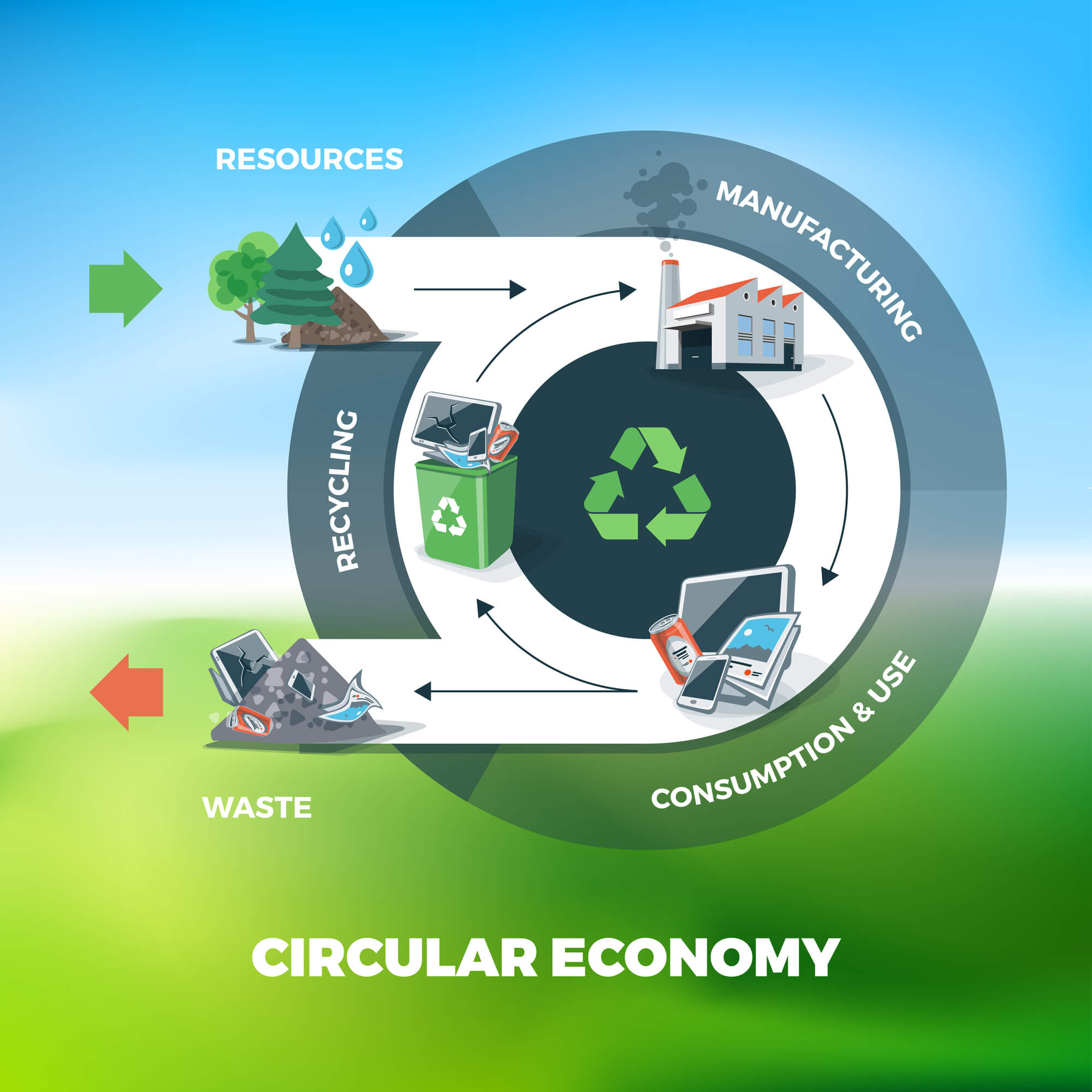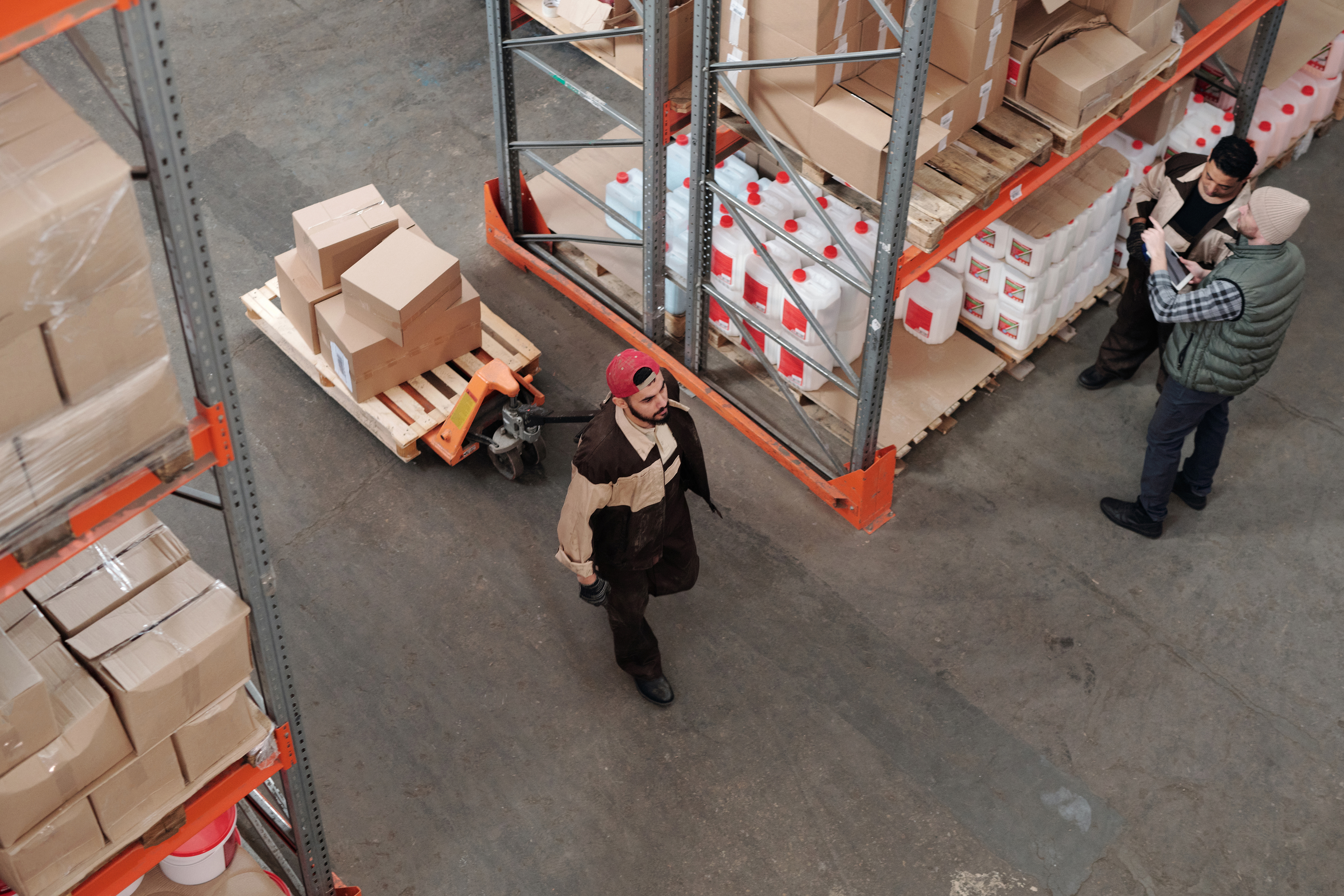A government project based on the principles of the circular economy helps Israeli manufacturers to optimally utilize raw materials, water and energy, thus preventing financial waste and at the same time reducing environmental hazards
By Adi Dishon, Angle - news agency for science and the environment

The unfolding corona crisis has created a global shortage of many raw materials - this is due to factory closures, transportation and logistics difficulties, reduced production, and more. Many producers are signaling that the global shortage will soon translate into a price increase, and we are starting to feel it on the ground as well.
The closures and gatherings during the Corona days illustrated to us even more strongly the need for sustainable production and consumption. For consumers, this is reflected in the reduction of consumption of cheap and polluting products (like, for example, cheap clothing that does not last more than a season). The forced closures were, in fact, a fascinating lesson on how one can make do with less. From the producers' side, the need for resource-efficient industrial production, which is based on the principles of a circular economy: conserving resources, increasing their value and reducing waste, has arisen, which leads to increased economic and environmental benefit.
A circular economy is designed to close the wasteful and uneconomic cycle of take-make-dispose. In contrast to the linear economy, where we as consumers progress in one direction - virgin raw material from nature is used as a product, and discarded as waste when its use is finished - the circular economy aims to reuse products and materials as much as possible, through various business and technological solutions.
The transition to circular production technologies requires a combination of government intervention, capacity building in the private and public sectors and the implementation of advanced technologies. Such a local move that succeeds in combining the relevant factors is The industrial symbiosis project In the Industries Administration at the Ministry of Economy and Industry. As part of the project, connections are made between waste streams and raw materials of factories, which bring economic and environmental benefit to both parties. Other projects of the administration are Institute for Advanced Manufacturing, which advises factories on how to improve the production process, andThe Resource Efficiency Center, which helps factories in Israel to make optimal use of raw materials, water and energy, thus preventing financial waste and at the same time reducing environmental hazards.

The manufacturers can receive advice from senior engineers and a wide pool of other experts, in order to promote economic and environmental efficiency in factories and also receive grants of between 70-50 percent of the cost of consulting fees for the factory. This process should create the most efficient integration between the economic-environmental issues relevant to its activity. In the end, the result is a factory that reduces its environmental impact and at the same time is also economically efficient, a combination that results in an increase in labor productivity in factories.
Implementation of circular business models in Israeli industry is intended to raise awareness of the benefits inherent in these models, both for the industry and for the government. A good example of this is the case of an Israeli food factory, which lost 15 tons of its produce in the food evaporation processes. After consultation and guidance from the center's experts, it emerged that adapting an advanced technological-engineering solution would help the plant save NIS 300 per year, and avoid the need to import produce to make up for the "lost" 15 tons. Thus, both economic savings for the factory and a reduction of its environmental impact were possible, due to the elimination of the need to transport produce from abroad, reduction of energy consumption in the processing of the produce, and more.
Since March 2020, on the eve of the Corona virus, economic-environmental optimization processes have been initiated in more than 80 factories in Israel, in a variety of industrial sectors, including plastics, metal, textiles, food, chemicals and more.
The writer is a CEO The Resource Efficiency Center
